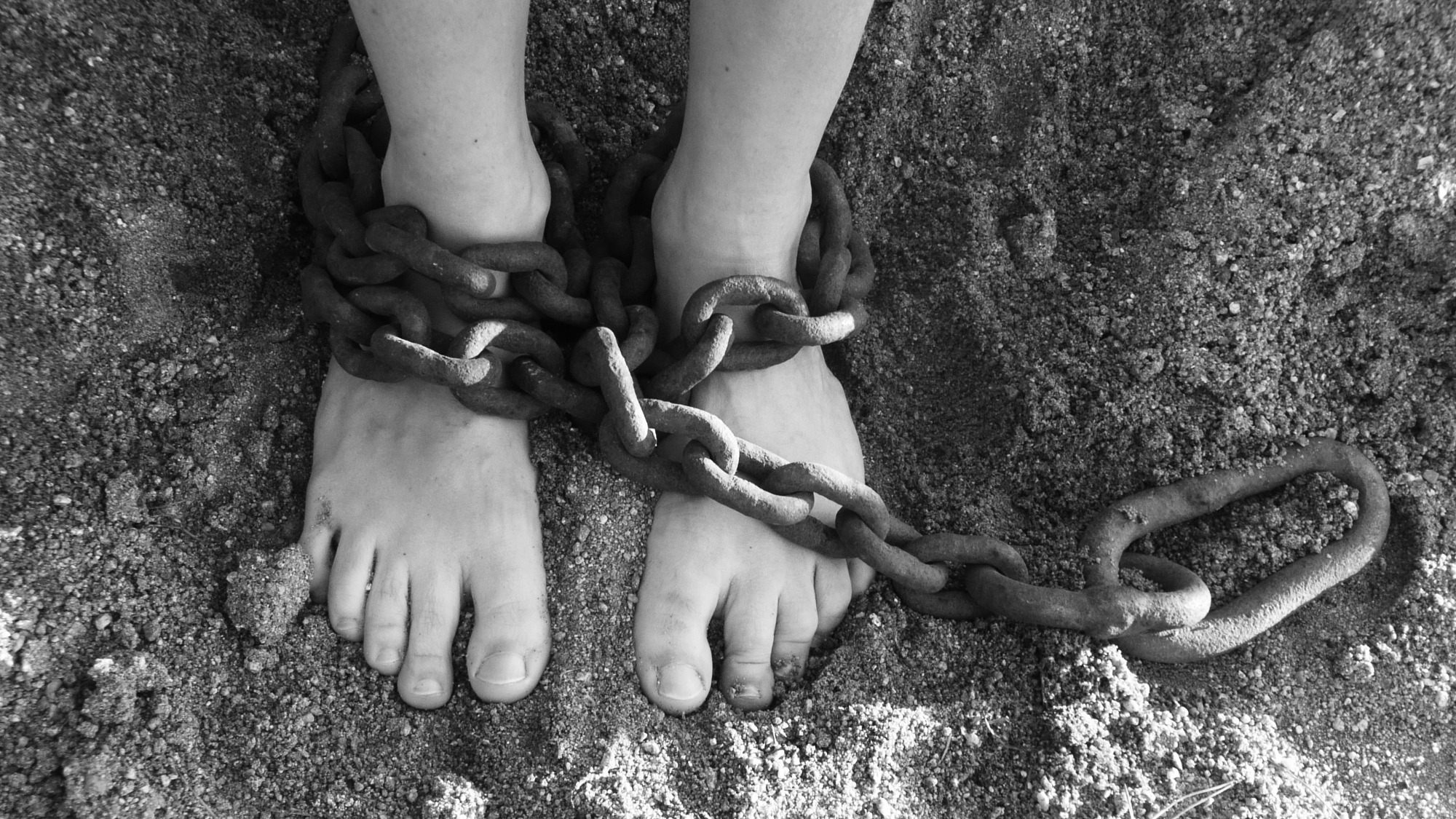Creatures of Habit
Human beings are creatures of habit. Part of how we survive is by conserving energy, and we do this by falling into habits and routines that require very little thought. Learning things requires a great deal of focus and energy, as does practicing things, but if we can practice a task until it’s second nature, it’ll save us effort in the long run.
If you've ever had children and tried to teach them tasks, especially things that require fine motor skills or several logical steps and methods, then you've seen this first hand. It's tiring for children to think about the letters of the alphabet and sound out words and try to remember diphthongs. Or, to try to remember how to stand and position their bodies and which parts to move first in order to maintain proper “technique.” Even the simplest of tasks, like brushing their teeth, require dozens or hundreds of repetitions to get right.
Both physical and mental processes take a great deal of energy. So, we develop habits and routines that are handled by the subconscious parts of our mind. For physical tasks, this is known as muscle memory. It lets us do things like open and close the toothpaste without thinking about what direction to turn the cap. It lets us do things like drive our vehicles without thinking about how to position our hands and how often to look in the mirrors and what order we press the clutch and shift and release the clutch and press the gas, etc. It let's us exercise and engage in sports without thinking about every little movement that we make and whether or not we have good technique. It's the reason that we say practice makes perfect, and it's the reason that people who practice tend to be better at things than others who don't. As the physical and mental, subconscious acts begin to overlap, we develop habits and routines. The more we can relinquish to muscle memory and subconscious routines the more we can focus on other things. The more we commit to muscle memory the more things we can string together or do simultaneously to create new muscle memory.
One place where we can see how much people are creatures of habit is on the road, particularly when we’re driving on the highway. Since the shutdown of non-essential businesses, the highways have been far less congested. A drive from work that used to take me 30 minutes to an hour could now take me 20 minutes consistently. There's almost always room to go around people, and I can do the speed limit without worrying about causing congestion. Still, people will speed up behind me in one lane and tail me for two or three miles before changing lanes. On a three-lane highway with two open lanes, somebody will ride six feet behind me at 65 mph for several miles. I'm convinced that they're not trying to be rude. They're just used to doing what they always do. Perhaps they're used to being in that lane because traffic used to dictate it. Perhaps they're used to waiting until their exit to get over. Perhaps they're used to riding in that lane because it's the one that's not too fast for them and also not too slow. Or, perhaps they don't actually pay attention to their speed; maybe they're just used to driving whatever speed the person in front of them is driving. Before they sped up on me they didn't know how fast they were driving because their foot was just doing whatever it was doing. Once they sped up on me they subconsciously fell in behind me and matched my speed and never thought anything of it. Perhaps they're listening to music and just going about life.
Whatever the reason, they aren't thinking to themselves, “I'm going to ride right behind this guy and, having evaluated my options for how to go around him or whether or not to go around him, I've decided that this is the best course of action.” They're not thinking that because that takes too much energy, and people don't live that way. Once they realize they don't have to stay behind me or that I'm going slower than they normally go, they change lanes, and they go around me. Until then, they are where they are, doing what they're doing, and they think nothing of it.
Christians do the same thing with theology. We take as much as we can about God and religion and theology and everything that we know, and we relegate as much of it as we can to subconscious routines. We worship subconsciously. We pray subconsciously. We interact with other people subconsciously. We answer questions about faith and theology out of rote memorization. When things become challenging we grow weary from the effort of dealing with stress combined with the unfamiliar effort of doing theology or actually studying scripture. When we’re challenged by differing perspectives and understandings we defend our position, usually rashly and abruptly, because to allow someone to guide us through a different way of thinking is too stressful and tiring. We justify this by saying that we already know the answers, and we have the truth — that we don't want to be tempted away. We reason that this other person is just trying to convince us that we're wrong or that they’re just being malicious.
I think that’s almost always an excuse. I believe that the core of that justification is simply that it takes too much effort. At the end of the day we equate immense effort and weariness with pain, and we equate pain with suffering, and that kind of inconvenience just isn't something we want in our life right now.
The world is going through an event that is questioning everything. It's questioning the philosophies and doctrines and priorities of every person on the planet, and it’s questioning Christians’ love and compassion and grace. Couple that with the immense stress that many people are feeling because of sick loved ones or endangered loved ones or loss of jobs or inability to provide for families, etc., and what we have are a bunch of people who don't want to dig deep because it's just one more thing to pile onto the already heaping weight pressing down on them.
In this time, people are looking for something to distract them, to entertain them, to help them to feel some levity or normalcy or both. The way that we feel normal is to do what we've always done. The way to feel normal is to relegate things to subconscious processes so we don't have to think about it. It’s muscle memory or subconscious response or rote memorization, and it gives us comfort on some level, or at least helps us get through the day without fixating on all the things that don’t feel good.
But, it's important to remember that turning away from the realities around us — even if they’re heavy or serious, even if they remind us continually that our lives are not what we ever considered normal — turning away from those things isn’t going to help us in the long run. I'm not even talking about your communities or workplaces or the world or the nation. I'm just talking about us as people, as individuals. If we keep running away from the heaviness, the pain, the challenge of examining things that are unfamiliar, we’ll just keep waking up in an unfamiliar place. The way that these unfamiliar times become manageable — the way that we find contentment and peace in times of upheaval and uncertainty — is to lean into the unfamiliar until it becomes familiar.
Our “normal” life is gone, and we don't know if or when it will return. Don't compound the weight of what we have now by keeping it at arm's length and by turning away from it so that it remains unfamiliar. Lean into it, meditate on it, spend time with it until it becomes familiar, and create for yourself new habits and routines that are both comforting in their familiarity and beneficial for the current time. Don't spend your days ignoring the reality and fixating on what you wish you had or what once was. You will only grow weary. The world is changing. The world has changed. Let yourself be made new so that we can deal with this new world together.
Photo by Curtis MacNewton on Unsplash




Comments
Post a Comment